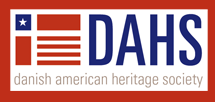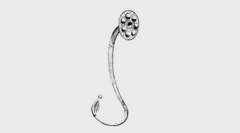Keywords
ethnicity, religion, the Midwest, Norwegian, Swedish
Abstract
During the last decades of the nineteenth century and into the twentieth, ethnicity and religion played a vital role in shaping the political culture of the Midwest. Indeed, historians like Samuel P. Hays, Lee Benson, Richard Jensen (of part Danish origins), and Paul Kleppner argued that ethnoreligious factors to a higher degree than socioeconomic circumstances informed the party affiliation of ordinary voters.1 It is definitely true that some ethnoreligious groups like, say, the Irish Catholics and the German Lutherans boasted fullfledged political subcultures complete with their own press, their own political leadership and to some extent, at least, their own ethnically defined issues. Somewhat similar patterns existed among the Norwegian Americans.2 They too got involved in grassrootslevel political activities, with their churches, temperance societies, and fraternal organizations playing an important role in modeling a political subculture. Supported by an enthusiastic NorwegianAmerican press, these ethnics contributed significantly to the election across the Midwest of numerous Norwegian Americans to local political office both at the township and the county level. Other Norwegian-American politicians made it to the state legislatures and some even to a governorship or to the United States Congress. Norwegian-American politicians like Knute Nelson-who was governor of Minnesota 1893-95 and U.S. Senator 1895-1923-and Andrew J. Volstead-whose name was attached to the law that introduced Prohibition to America in 1919-were to a considerable extent identified with their ethnic background.
Recommended Citation
Brondal, Jorn
(2008)
"Politics Among Danish Americans in the Midwest, ca. 1890-1914,"
The Bridge: Vol. 31:
No.
1, Article 6.
Available at:
https://scholarsarchive.byu.edu/thebridge/vol31/iss1/6
Included in
European History Commons, European Languages and Societies Commons, Regional Sociology Commons


